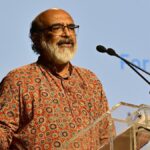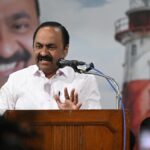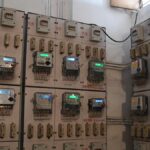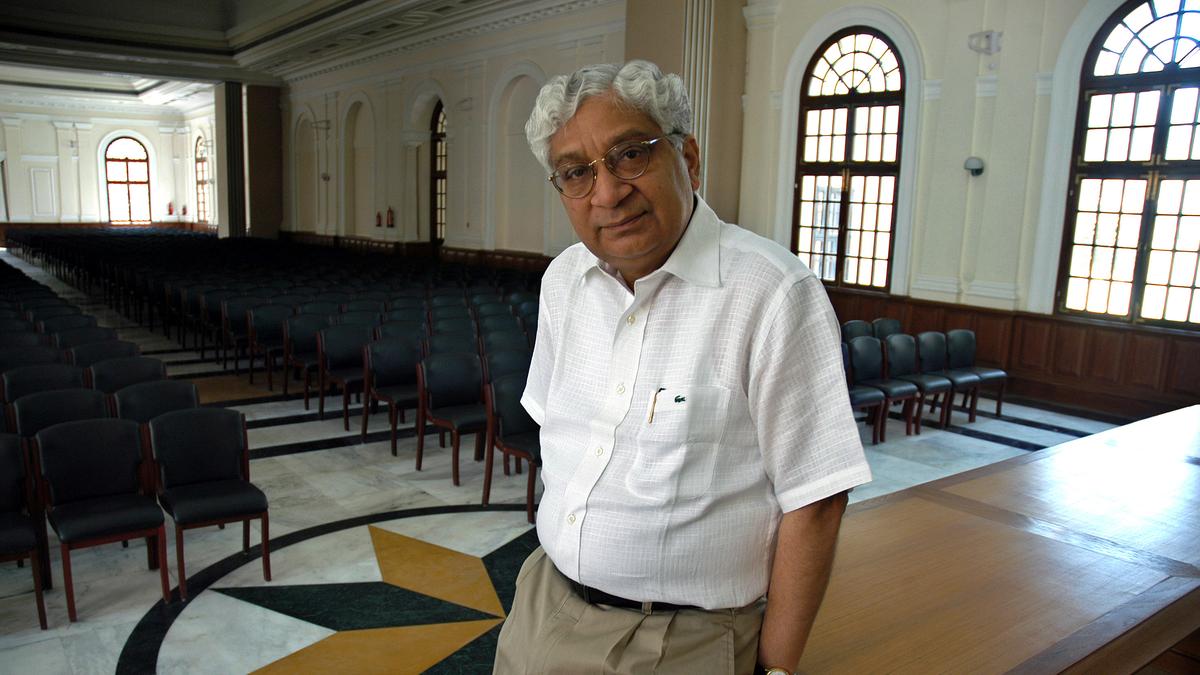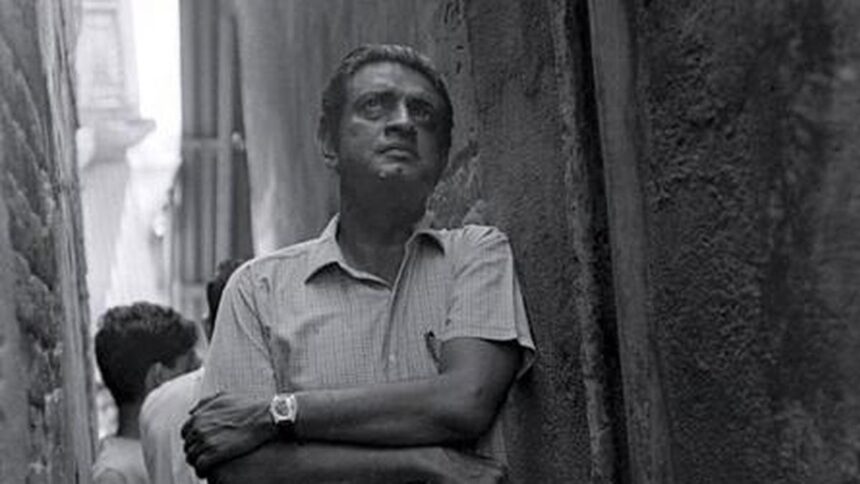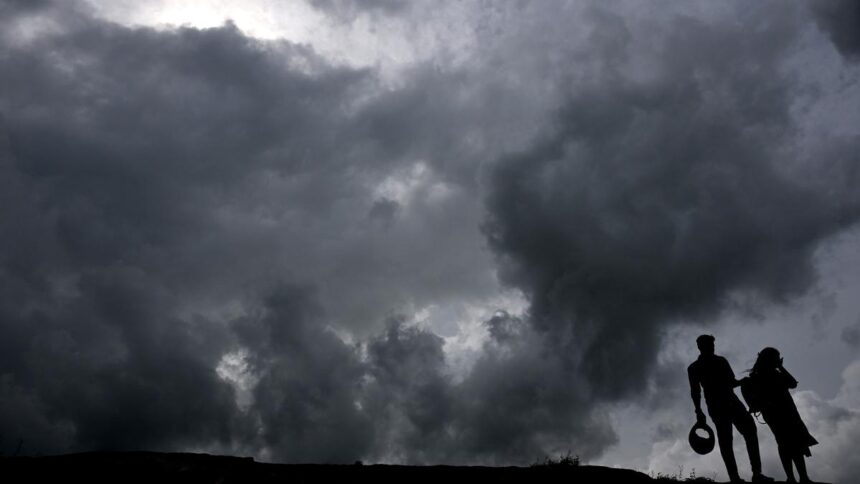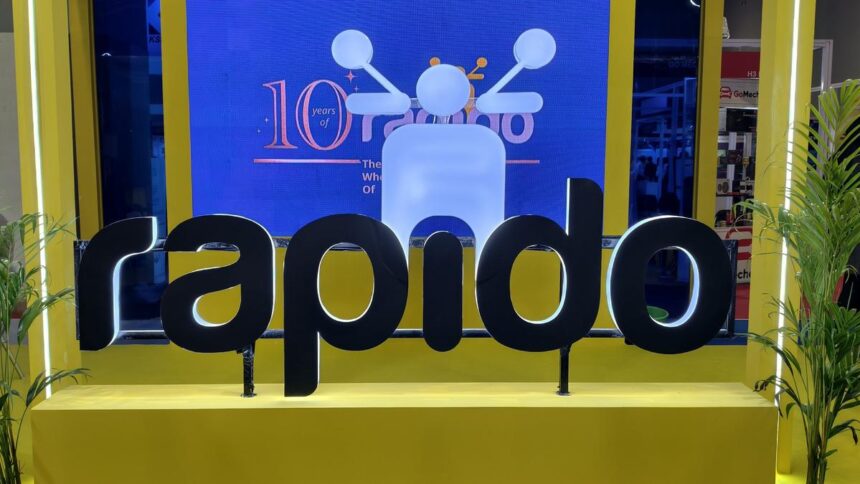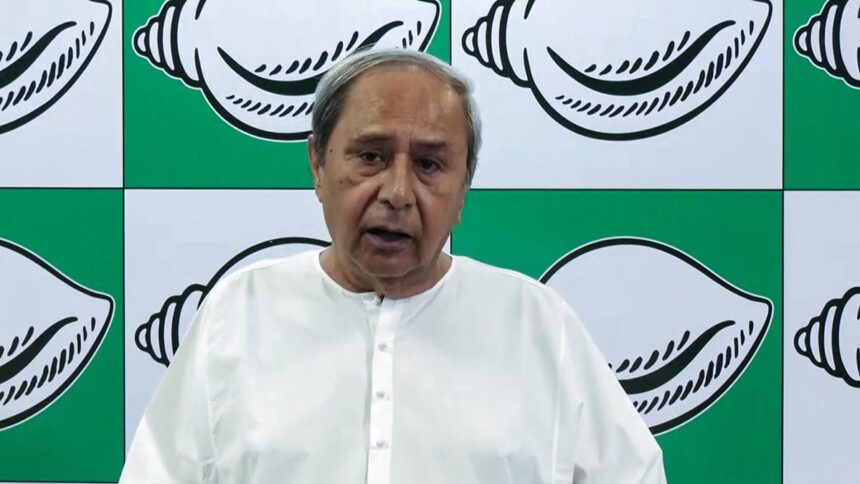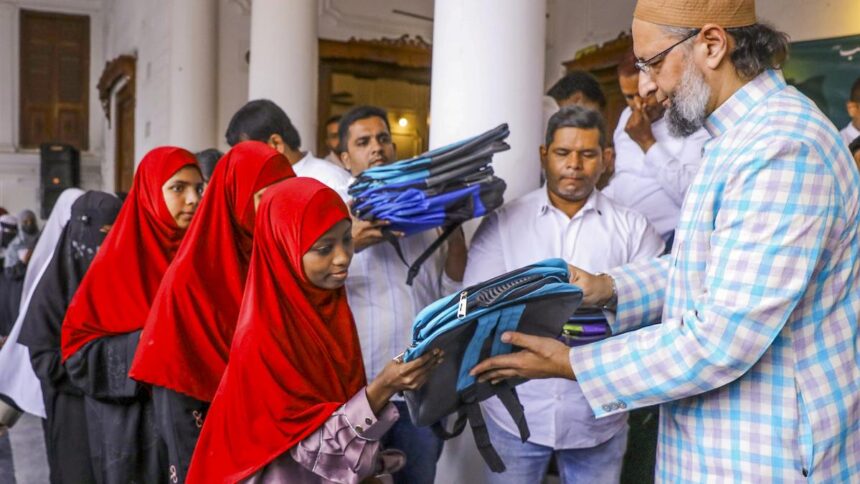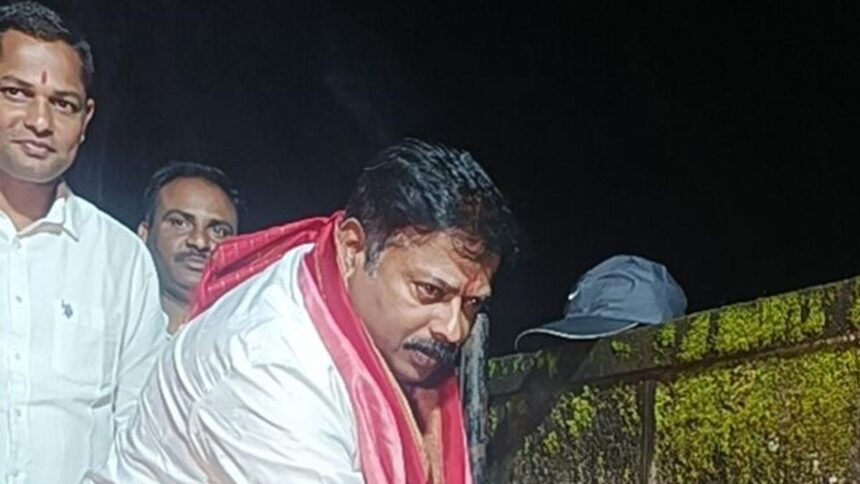
There is a quiet crisis in higher education in India that runs deep, distinguished academician and former Chief Economic Advisor Deepak Nayyar said here on Wednesday (July 9, 2025), delivering the 2025 B.G. Deshmukh Lecture on ‘The Crisis of Higher Education in India: Disturbing Present and Worrisome Future’. File.
There is a quiet crisis in higher education in India that runs deep, distinguished academician and former Chief Economic Advisor Deepak Nayyar said here on Wednesday (July 9, 2025), delivering the 2025 B.G. Deshmukh Lecture on ‘The Crisis of Higher Education in India: Disturbing Present and Worrisome Future’. Holding the Narendra Modi government responsible for the crisis in higher education sector, Prof. Nayyar said the period since 2014 had witnessed a pronounced increase in political intrusion and government intervention in the universities, which had gathered further momentum since 2019.

“There is a quiet crisis in higher education in India that runs deep. It is visible. The educational opportunities for school-leavers are simply not enough, and those that exist are not good enough. The pockets of excellence are outcomes of an enormous reservoir of talent and Darwinian selection processes. It does little for those with average abilities or without social opportunities,” the eminent economist said.

The challenges confronting higher education in India appear to need a massive expansion to educate much larger numbers, without diluting academic standards, Prof. Nayyar said. “Indeed, it is just as important to raise average quality. What is more, in terms of access, it needs to be far more inclusive, and it needs some institutions, each with a certain critical mass that are exemplars of excellence at par with the best in the world. Such excellence, I am sad to say, is largely missing, while it is diminishing rapidly in the few pockets where it existed. Indeed, in terms of world university rankings, which have become the fashion in recent years, our performance is most disappointing,” he said.

Political intervention and encroachment by the government gathered momentum after the General Election in 2014, when the Bharatiya Janata Party (BJP) won an absolute majority in Parliament, and Mr. Modi assumed office as Prime Minister. “The past five years since 2019 have witnessed a rapid acceleration in this process. It has now reached a stage where the future of public universities in India is at a grave risk, if not already over the edge of the precipice,” he said, adding that the decline of public universities in India had been an inevitable consequence of this encroachment.

“There are two apparent manifestations of this unfolding reality. First, there is a visible emergence of institutionalised control mechanisms that design what universities can or cannot do. Second, appointments in universities, which would be the domain of universities alone, are increasingly influenced, if not shaped by the political motivation, and the invisible hands of governments in office,” he said. “Now, even admission processes have been centralised by the National Testing Agency. The rationale for such a centralisation is questionable and flawed. Why the need for centralisation? There is no transparency, there is no accountability in this process,” Prof. Nayyar said.

The selection process for faculty members was manipulated through a purposive selection of subject experts, mostly not qualified for the role, he said. “It would be no exaggeration to state that faculty appointments at universities and undergraduate colleges are increasingly driven by RSS (Rashtriya Swayamsevak Sangh) ideology, and BJP preferences in politics rather than talent or merit,” Prof. Nayyar said.
Published – July 10, 2025 12:43 am IST




